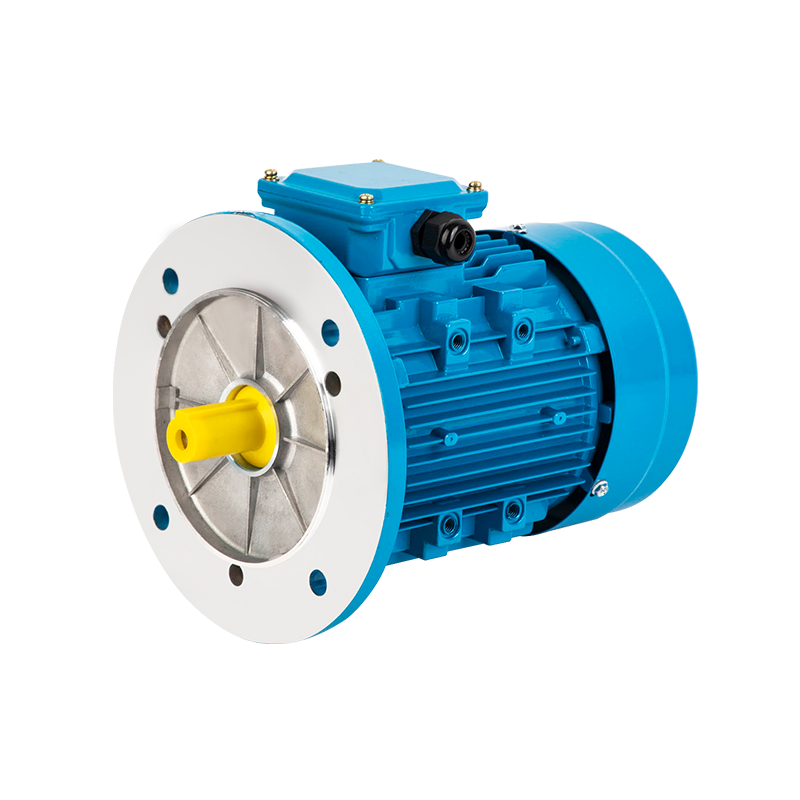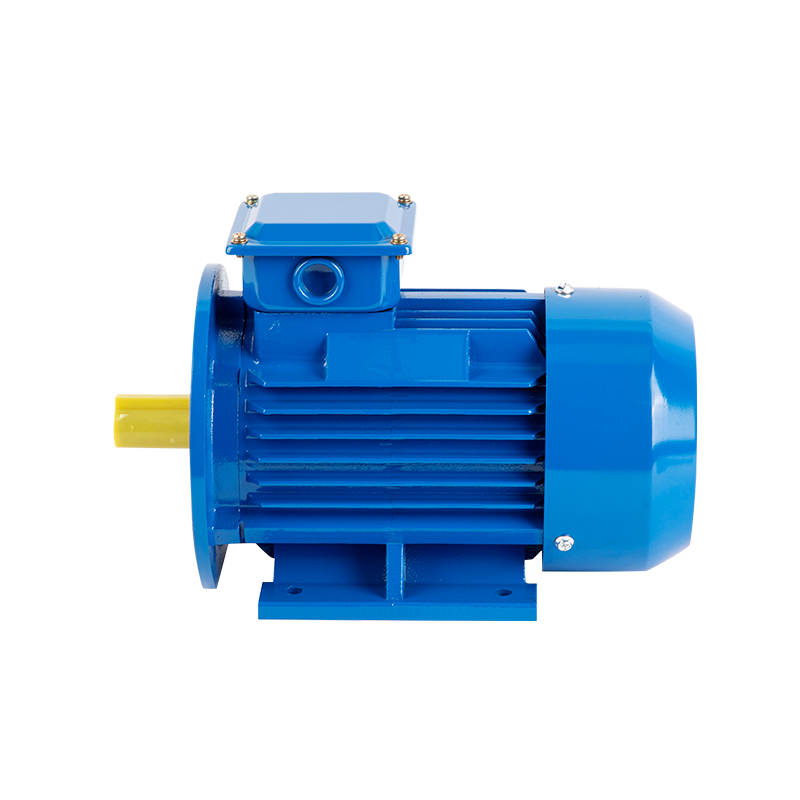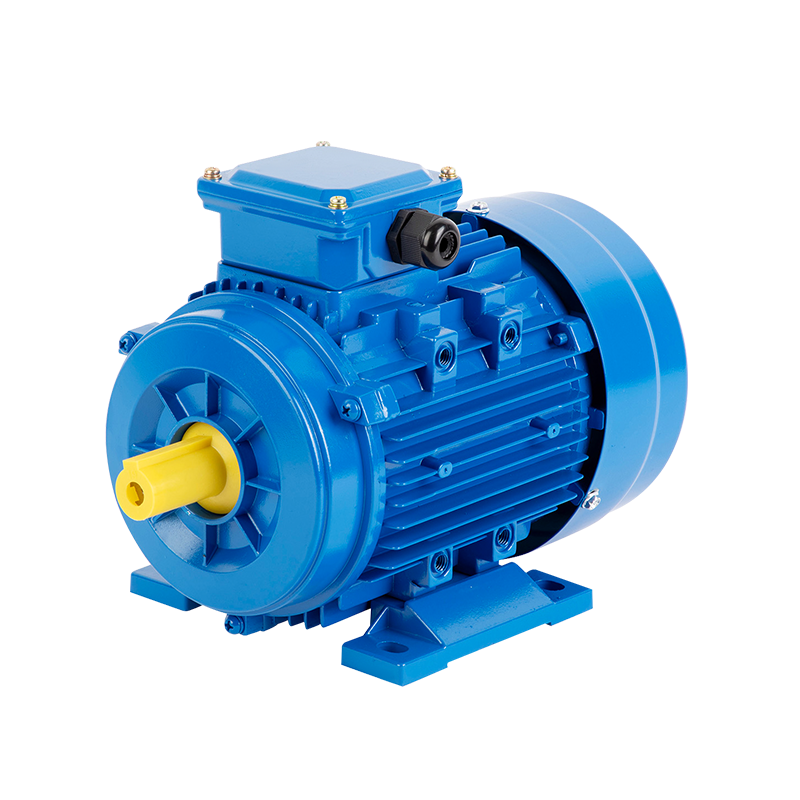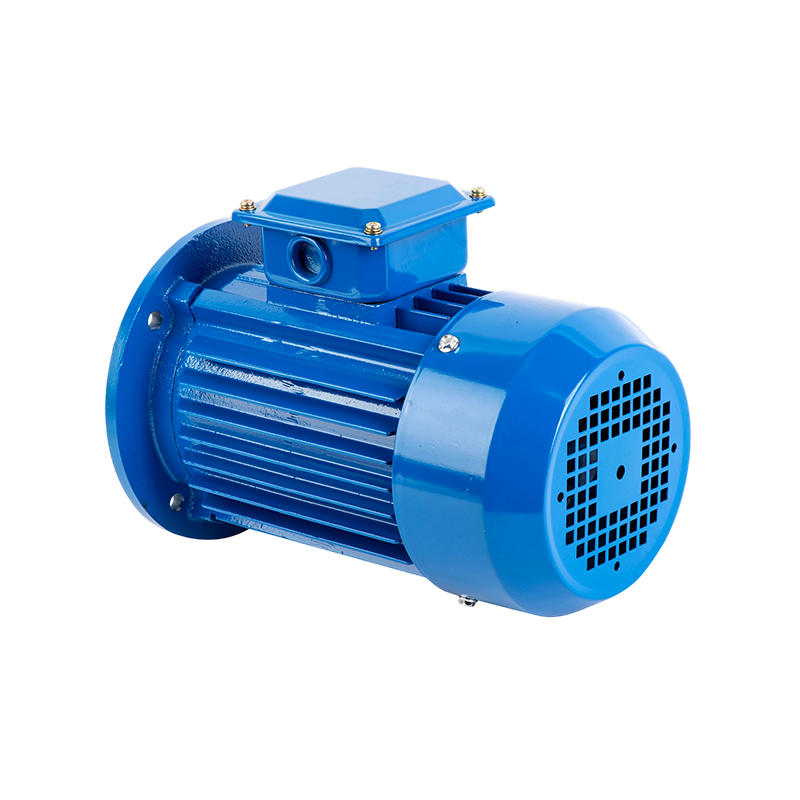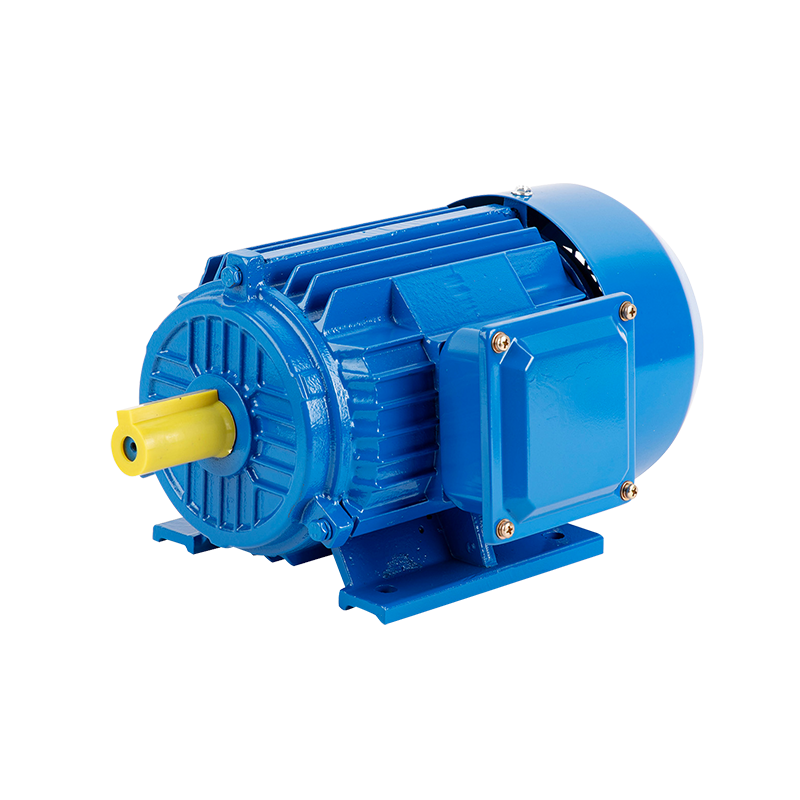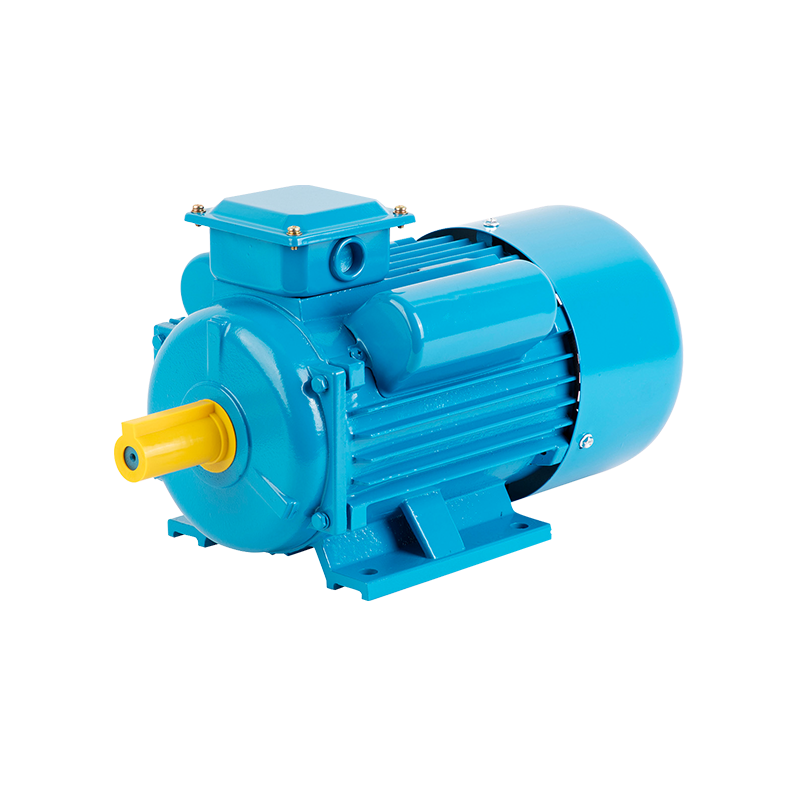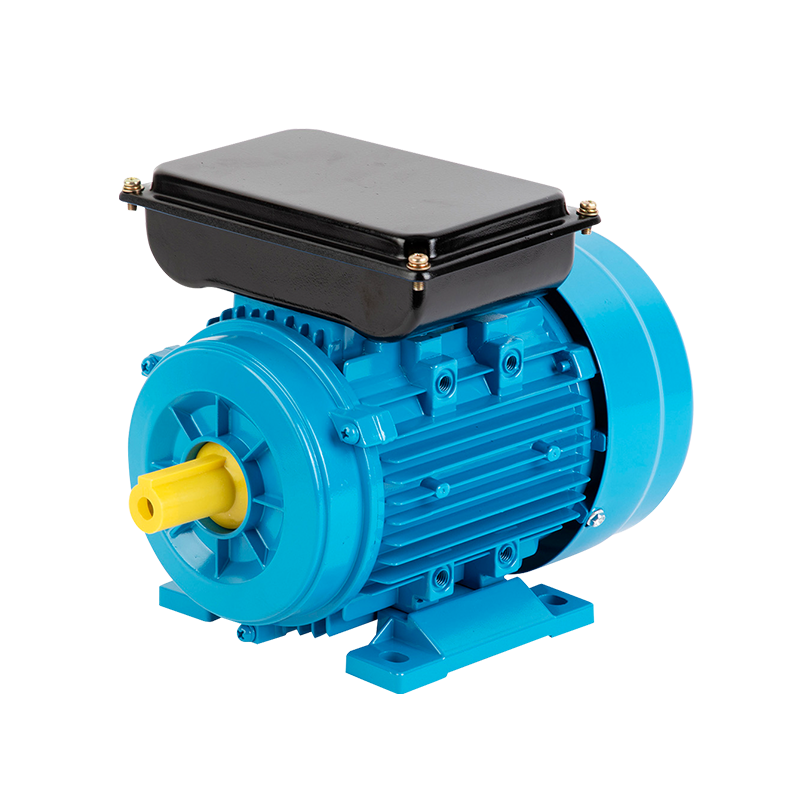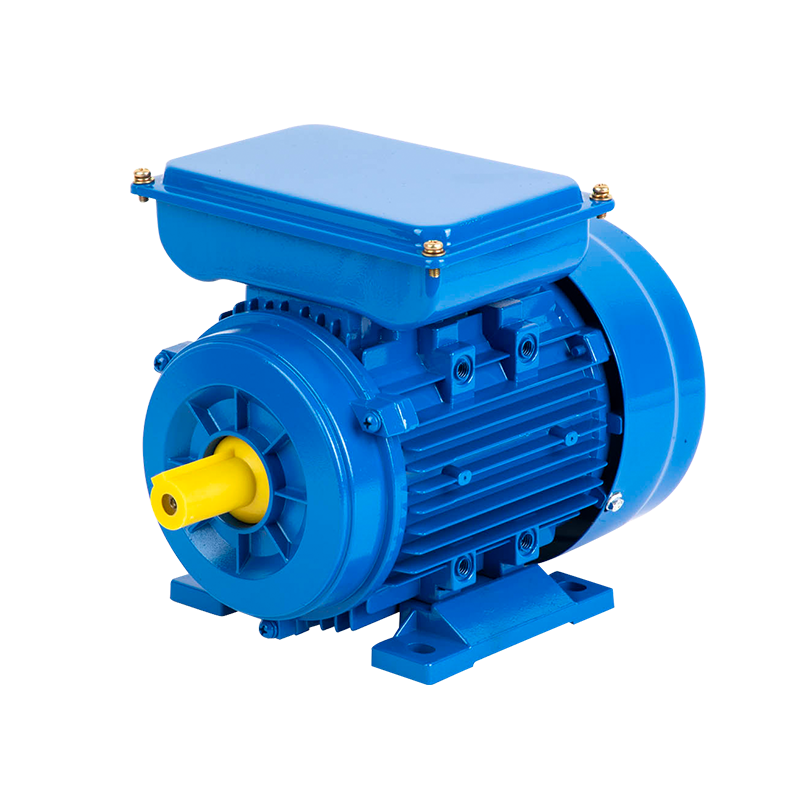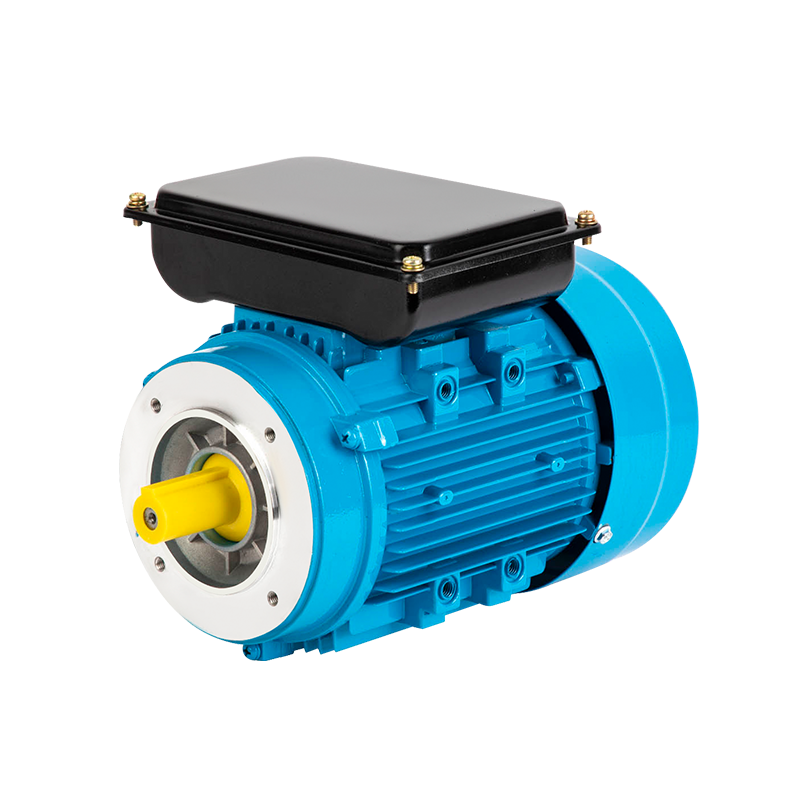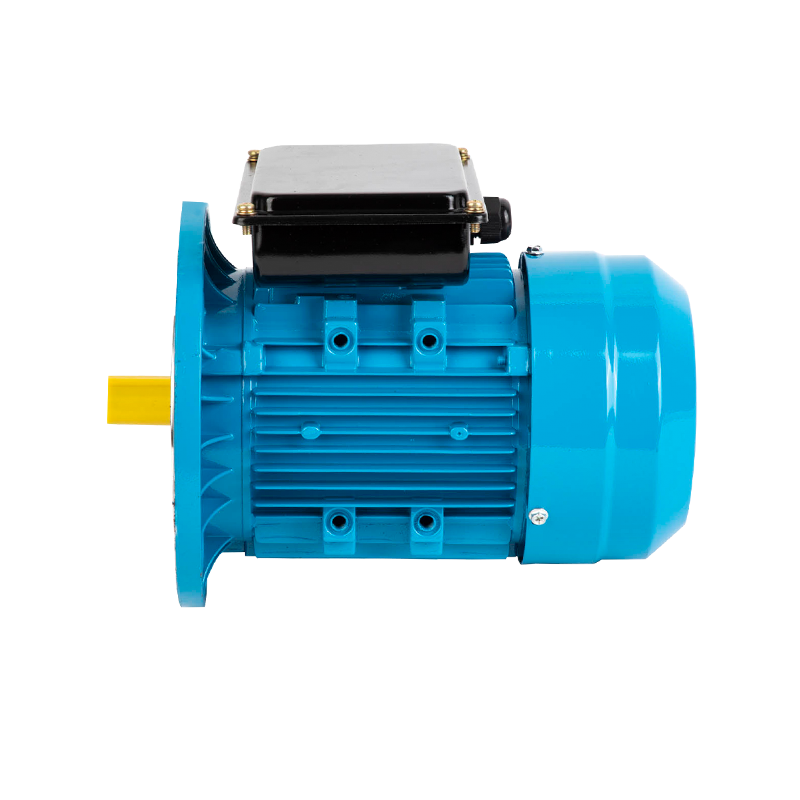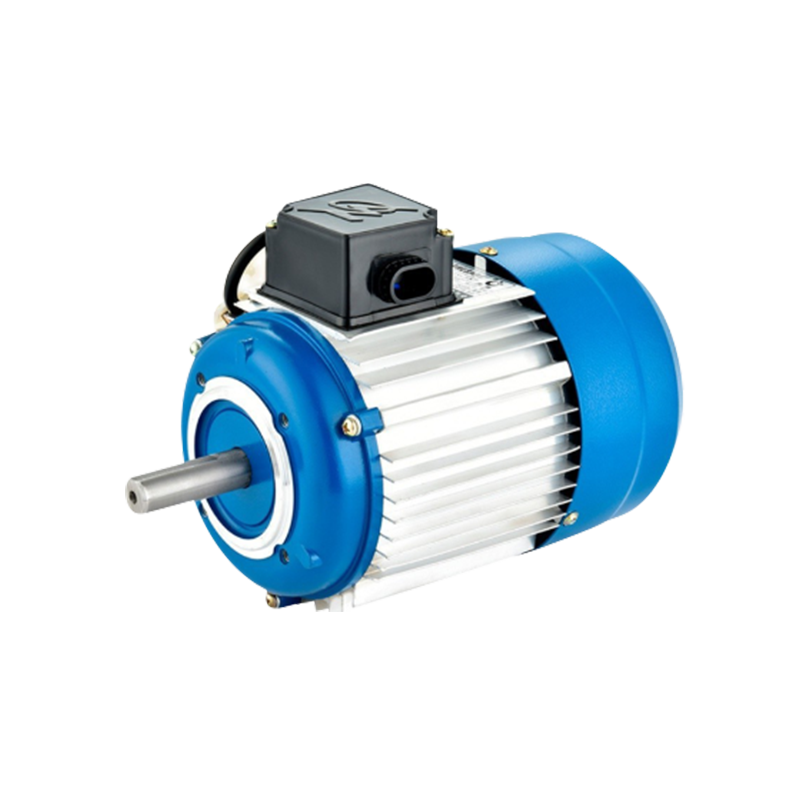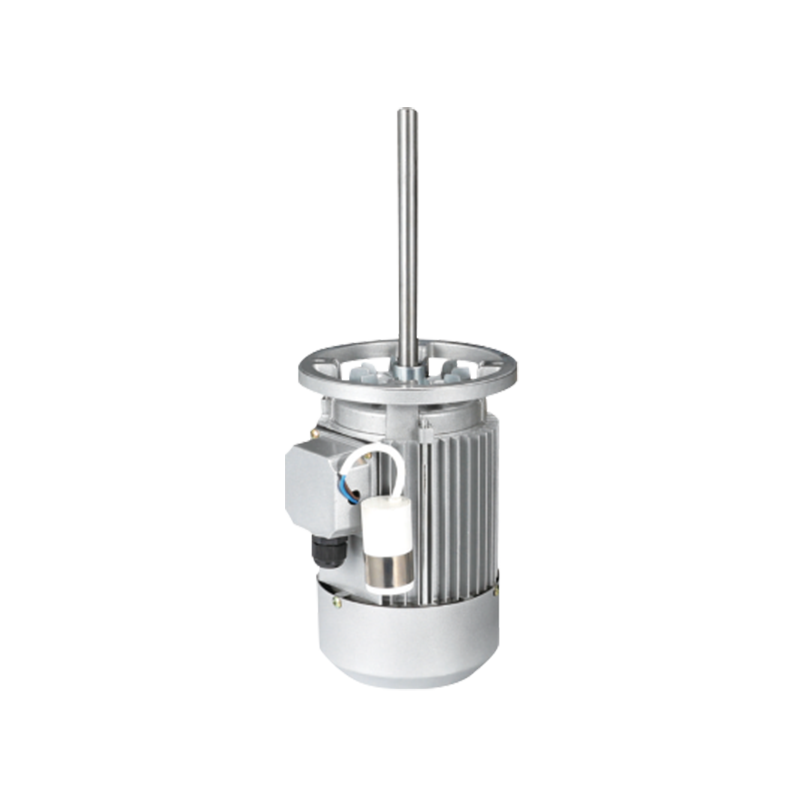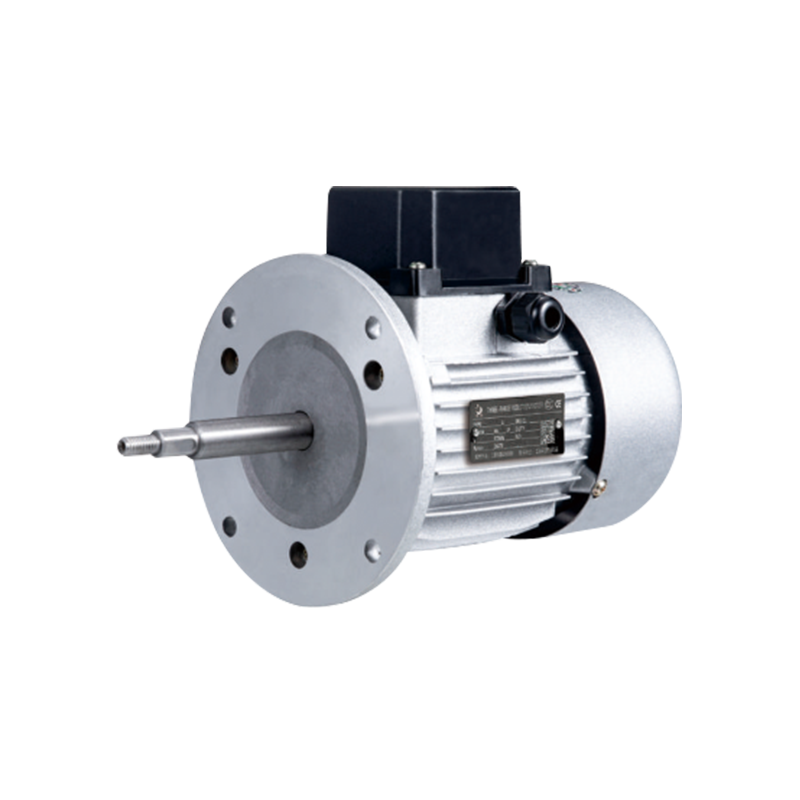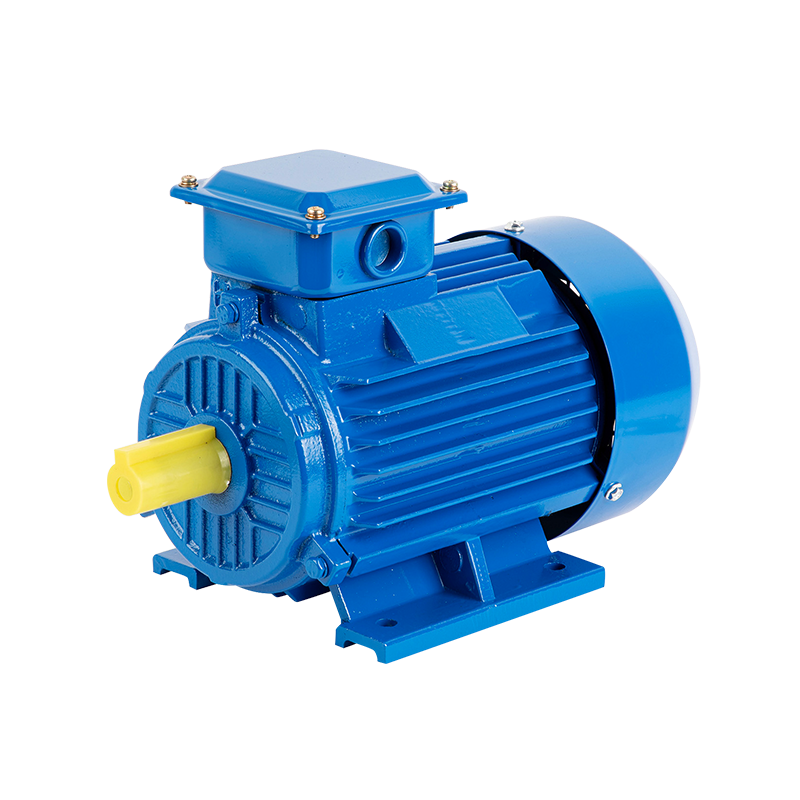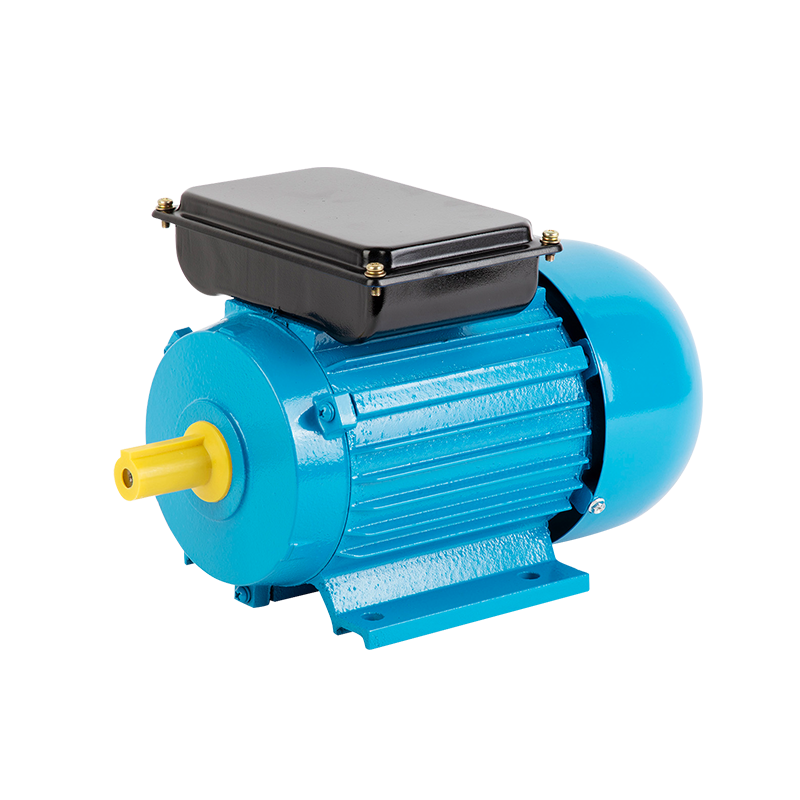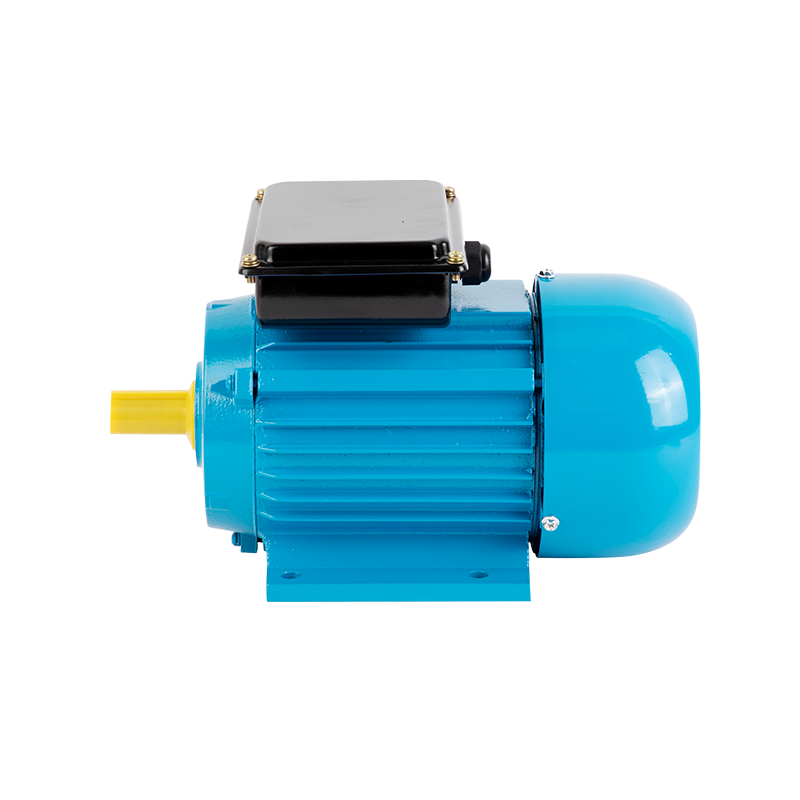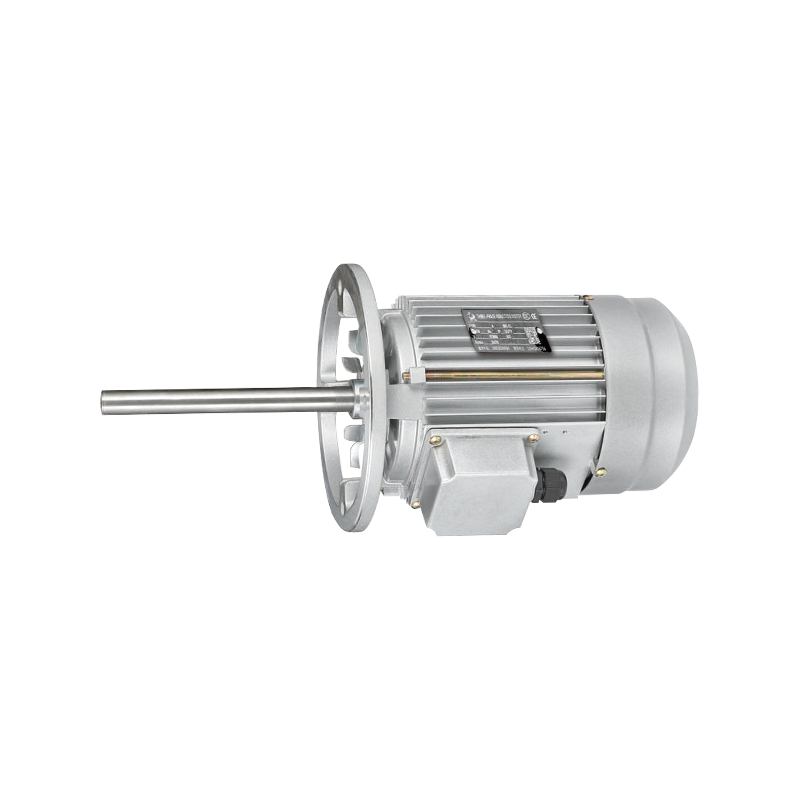Building 1, Block 4, Wufeng Industrial Park, Daxi Town, Taizhou City, Zhejiang Province, China
In the Middle East, countries like Saudi Arabia, the United Arab Emirates, Qatar, Kuwait, Oman, Bahrain, Egypt, Jordan, Lebanon, Syria, Iraq, and Yemen share a common electrical standard—220 to 240 volts at 50 Hz for both residential and industrial power. This uniformity provides a unique advantage for industries looking to implement reliable and efficient motor solutions. Among the relevant technologies in this context is the 220V AC motor, which offers seamless compatibility with local grids.
One of the biggest advantages of the 220V AC motor is that it connects directly to the power supply without requiring additional transformers. In many traditional motor setups, transformers are needed to step down or regulate voltage, adding bulk, cost, and complexity. For example, in Saudi Arabia, an HVAC manufacturer recently transitioned from motors requiring transformers to 220V AC motors that could be directly connected to the 220V supply. This change simplified installation significantly, reducing setup time and cost while improving energy efficiency.
The benefits of using 220V AC motors in the Middle East extend beyond just ease of installation. Transformers typically generate heat and cause energy losses, which can reduce overall system efficiency. By eliminating the transformer, 220V AC motors help industries lower their energy consumption and operational costs. This was clearly seen in Egypt’s agricultural sector, where irrigation pumps fitted with 220V AC motors provided more stable and reliable operation compared to older setups that depended on voltage conversion equipment. Farmers reported fewer motor failures and less downtime, which directly contributed to improved irrigation schedules and crop yields.
Another key point is the reduction of risk associated with voltage incompatibility. Electrical equipment can be damaged if operated under incorrect voltage conditions, to costly repairs or replacements. The 220V AC motor’s direct compatibility with Middle Eastern power grids greatly reduces this risk. A Jordanian water treatment facility upgraded its pumping stations with 220V AC motors and noticed a significant decrease in maintenance calls related to electrical faults. The ability of these motors to handle local voltage levels without additional equipment meant fewer points of failure in the system.
Besides industrial and agricultural applications, commercial facilities also benefit from the 220V AC motor’s advantages. For instance, a large mall in the UAE retrofitted its escalators with 220V AC motors, to quieter operation and reduced energy use. The direct voltage compatibility meant that installation was straightforward and did not require expensive power converters. Maintenance teams appreciated the simpler motor design, which translated into quicker repairs and lower spare parts inventory.
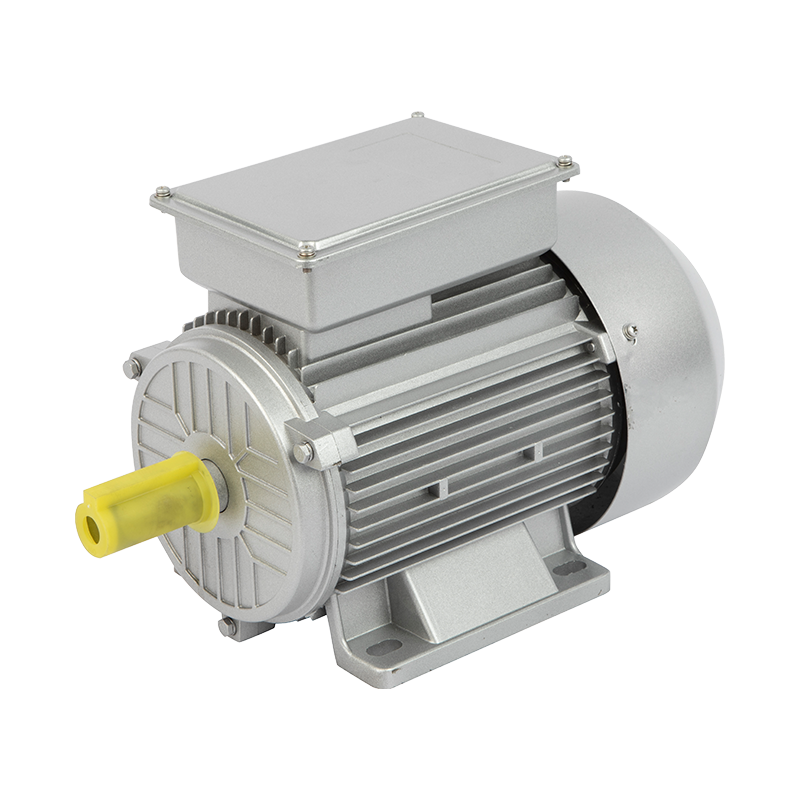
Throughout the Middle East, the 220V AC motor is becoming the preferred choice in various sectors due to its practical voltage compatibility. By allowing direct connection to local 220V-240V grids, it eliminates the need for bulky and costly transformers, reducing upfront investment and operational complexity. This compatibility also minimizes the chance of equipment damage caused by voltage mismatches.
In industries ranging from HVAC manufacturing in Saudi Arabia and irrigation pumping in Egypt to water treatment in Jordan and commercial installations in the UAE, the 220V AC motor proves its value repeatedly. Its ease of integration, combined with improved efficiency and reliability, makes it a cost-effective and sensible solution aligned with regional power standards.
Looking ahead, as the Middle East continues to expand its infrastructure and industrial base, demand for equipment that matches the local electrical environment will grow. The 220V AC motor fits naturally into this trend, offering a straightforward, reliable, and efficient choice for engineers and facility managers alike.
In summary, the 220V AC motor’s voltage compatibility with Middle Eastern grids simplifies installations, reduces costs, and enhances reliability. Real-world examples from various countries demonstrate that this motor technology is not only practical but also beneficial across multiple applications. For companies aiming to succeed in this market, focusing on 220V AC motors ensures alignment with local standards and promotes long-term operational success.

